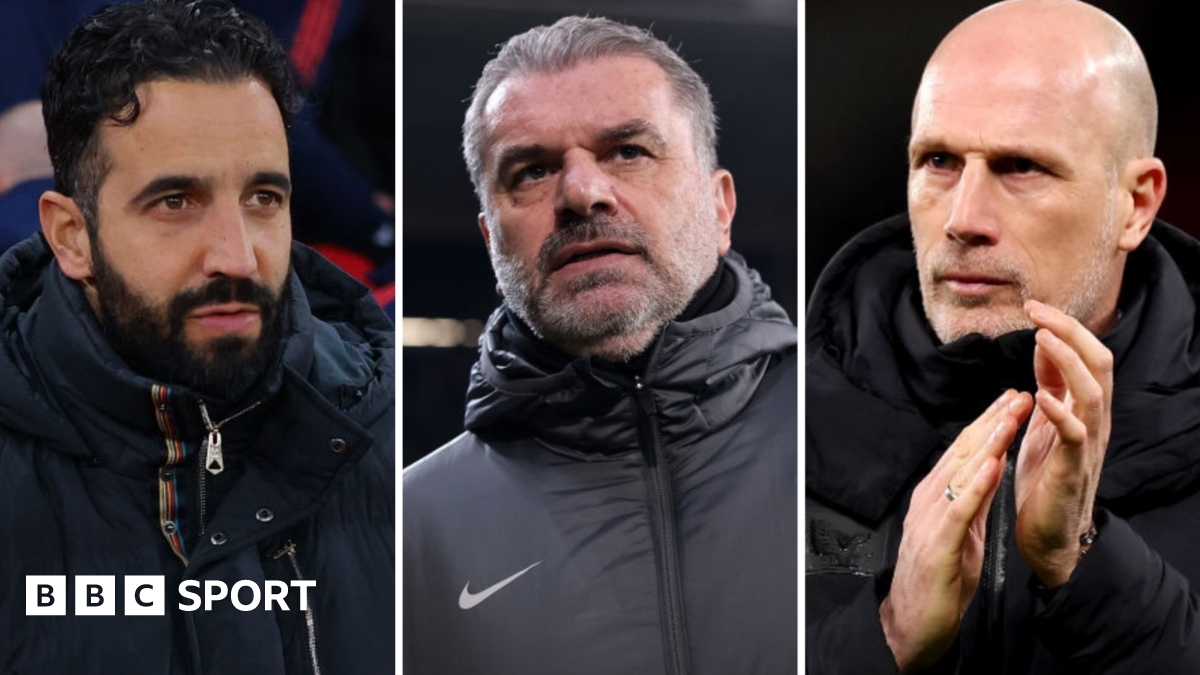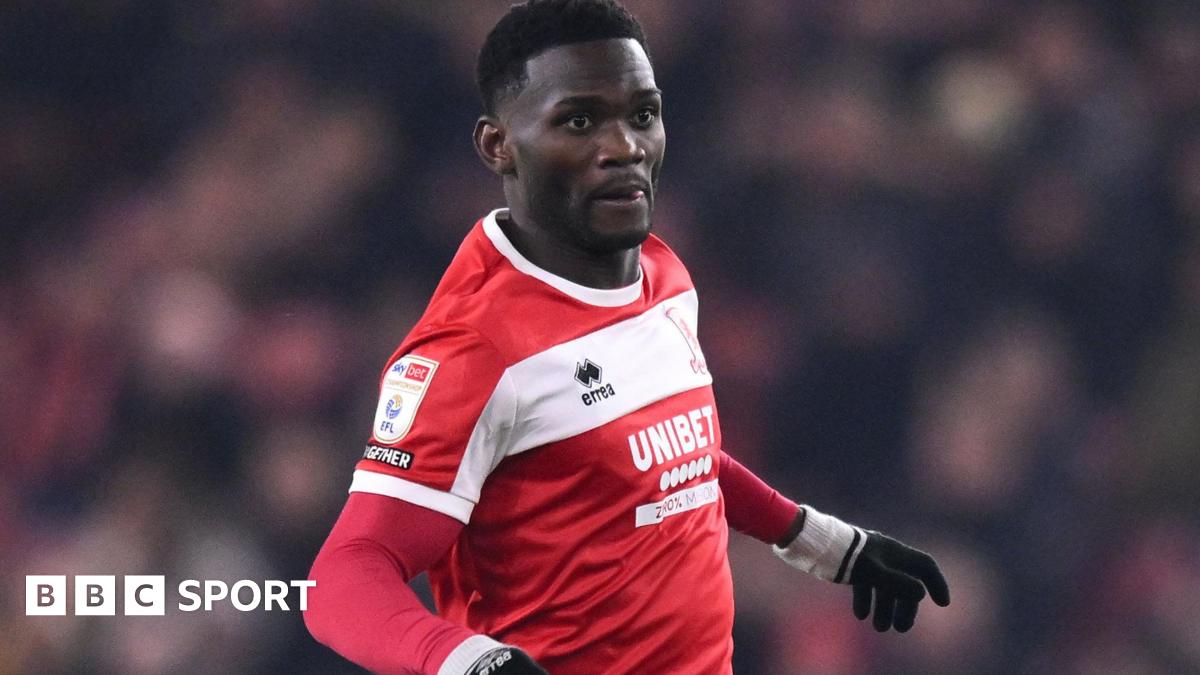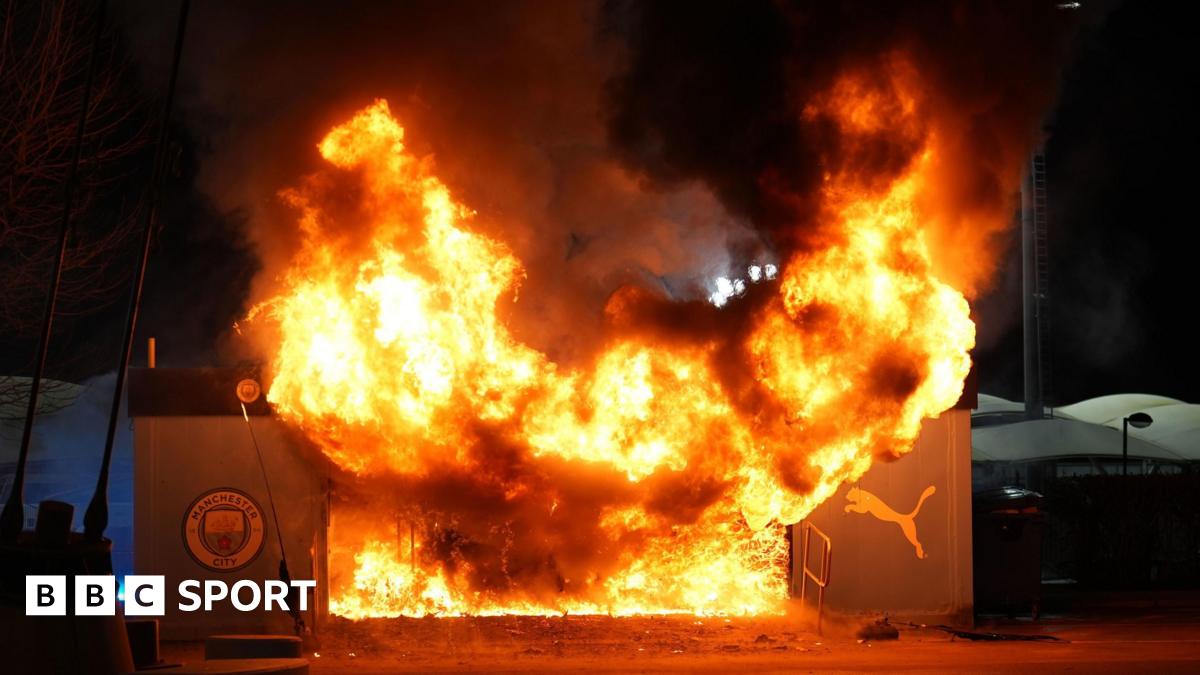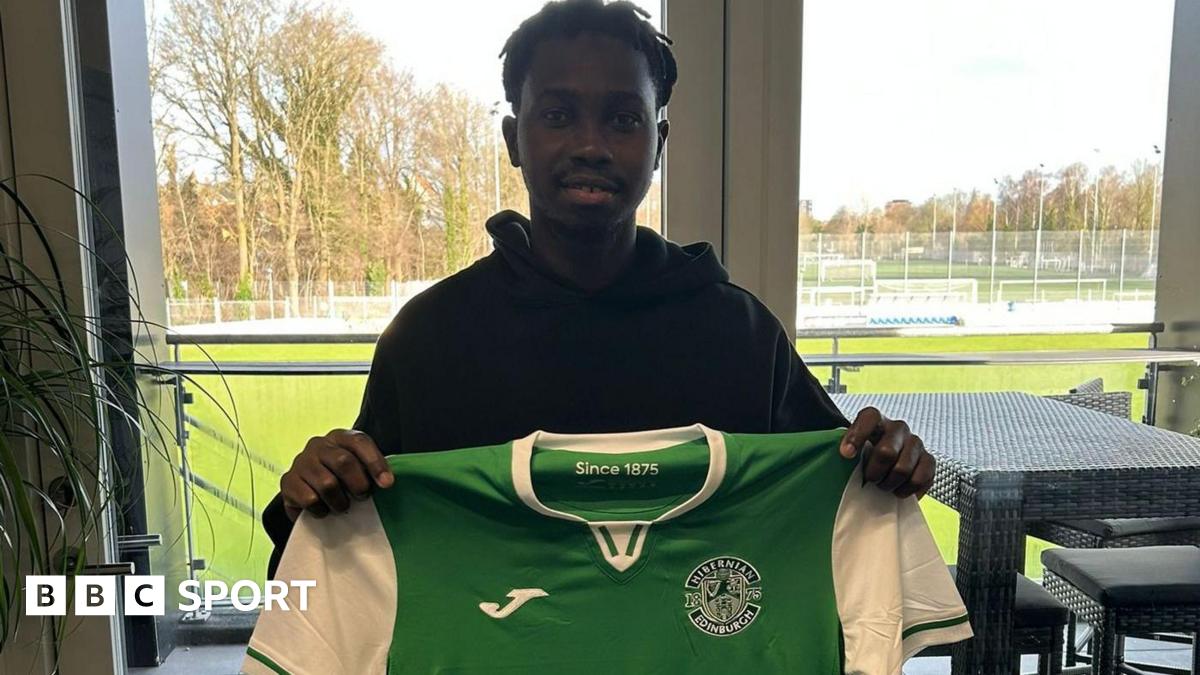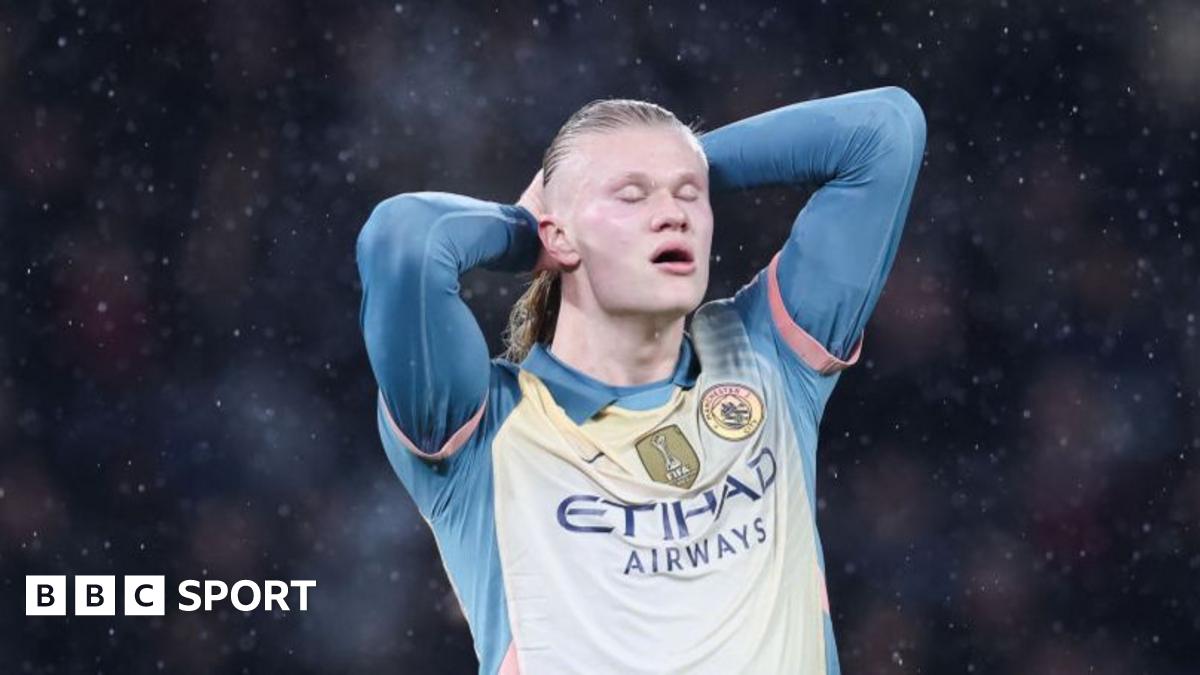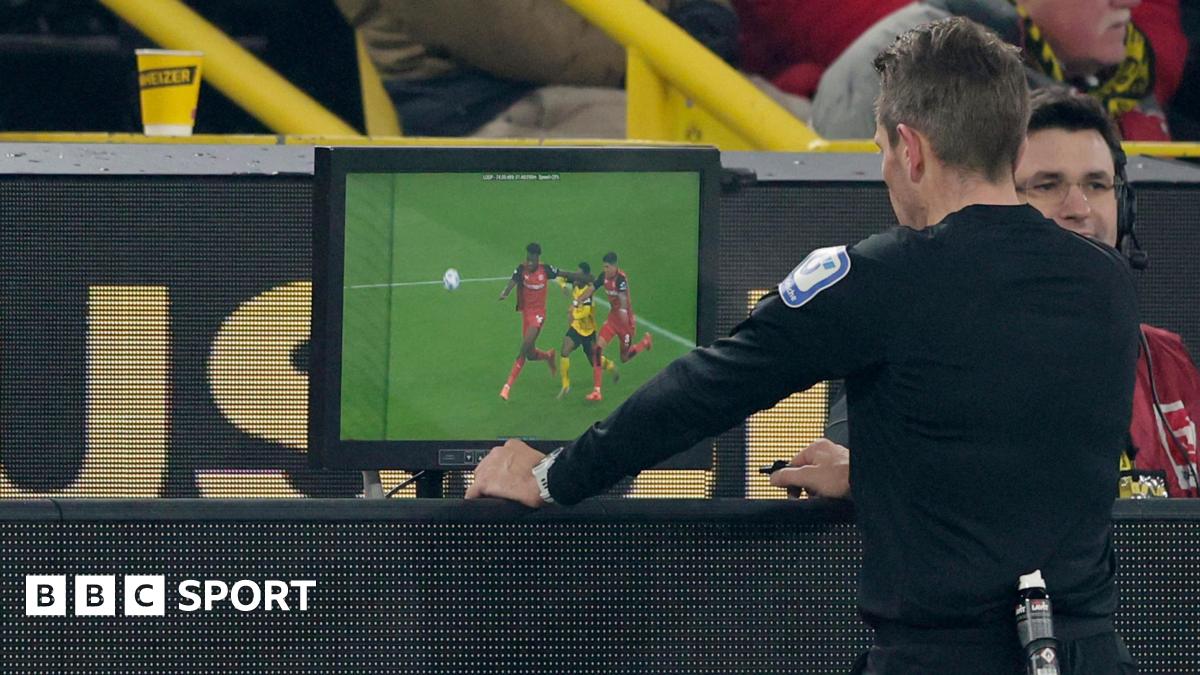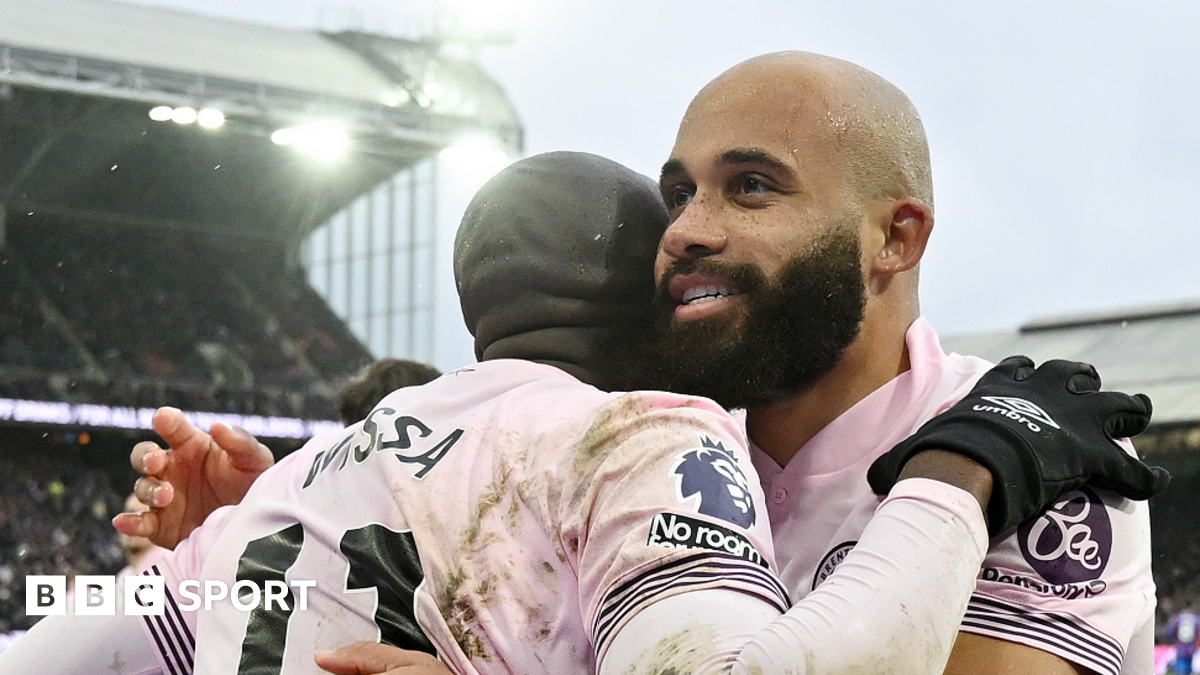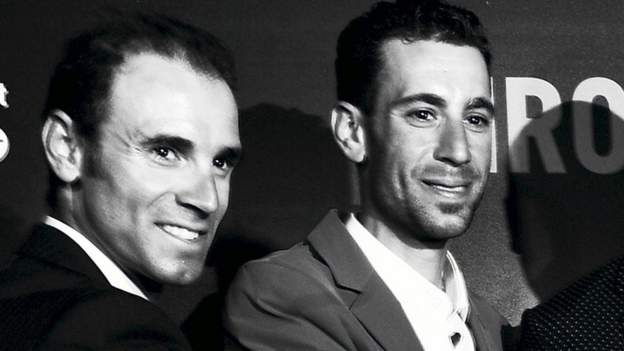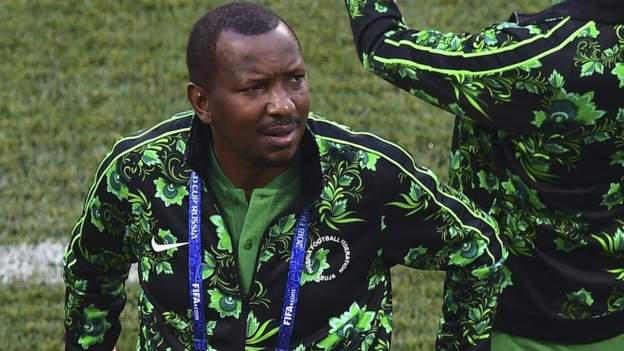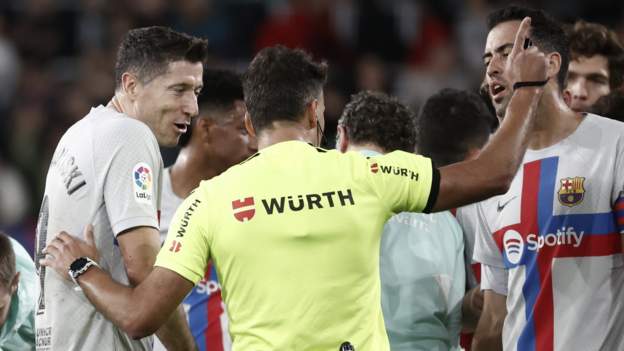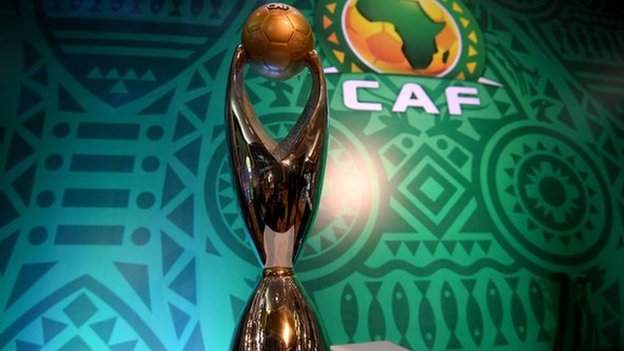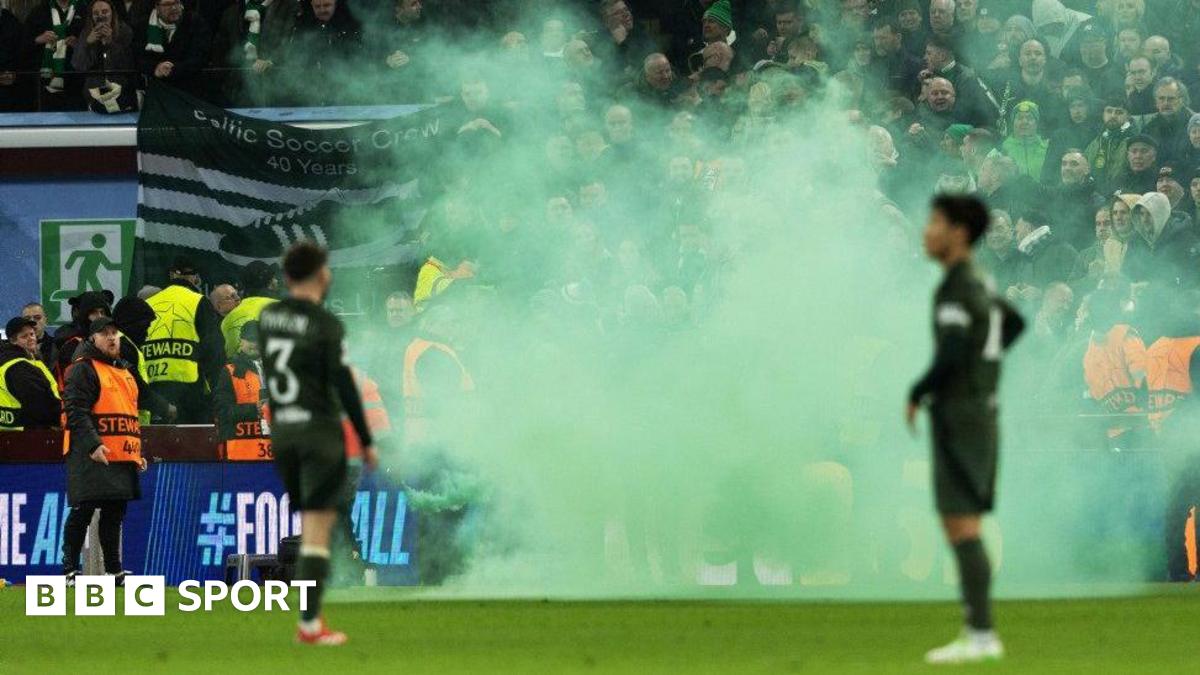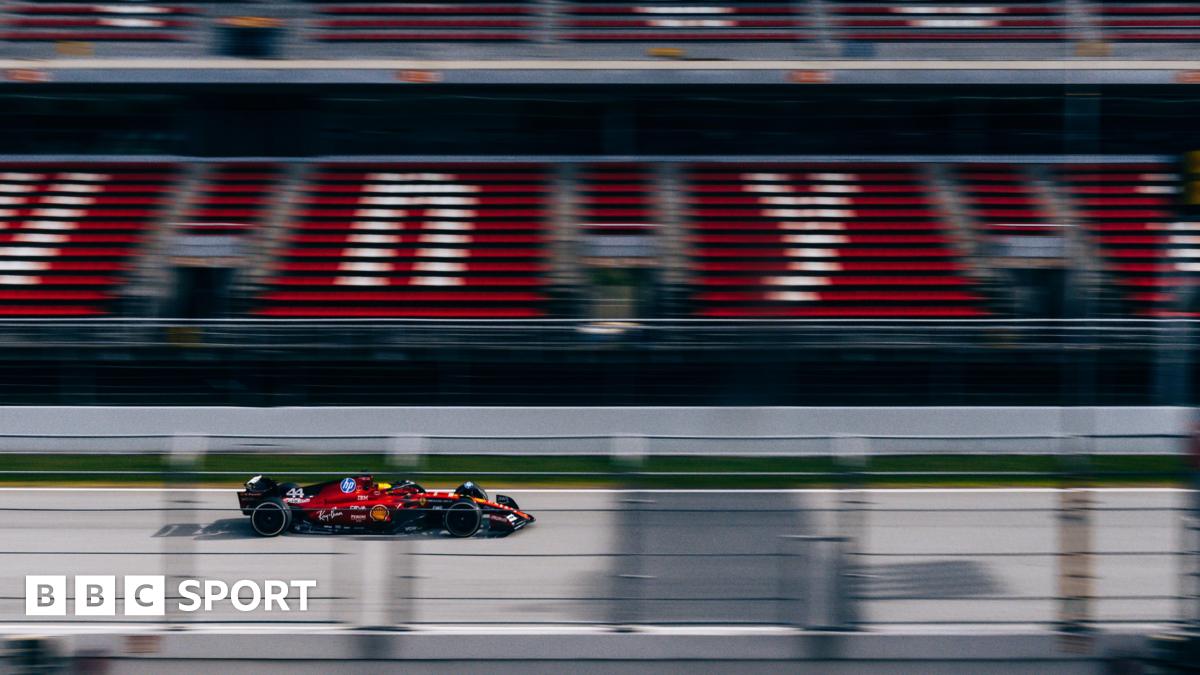The final World Tour race of the road cycling season marks the end of a classic year of racing.
This year, Il Lombardia – or the ‘race of the falling leaves’ as it is known – also brings to an end the careers of two of the sport’s legends.
At 37, it feels as if Italy’s Vincenzo Nibali has been in the autumn of his career for some time, but that’s nothing compared to his Spanish counterpart, Alejandro Valverde, who is climbing off the bike at the same time, yet five years older.
For years – 20 in Valverde’s case – the pair have entertained across the Alps and the cobbled classics with explosive riding that has inspired a generation of fans and commanded the highest respect across the peloton.
They are cycling’s goodfellas.
‘The Shark’
For Sicilian Nibali, it was all in his race craft. ‘The Shark of Messina’ had power and strength in abundance – a higher form of athlete who could win the hardest races, the three-week Grand Tours.
He won four, in fact, including being the only rider to break Team Sky’s dominance by claiming the 2014 Tour de France for Astana.
A Vuelta a Espana (2010) and Giro d’Italia (2013) had preceded that – the latter including a dominant victory in the driving snow up on Tre Cima de Lavaredo – before a second Giro followed in 2016 during which he dramatically grabbed the pink jersey with just two stages to go.
Ironically, going downhill was what made Nibali great in the eyes of so many. His balletic poise on the bike while travelling at speeds of 100kp/h would see him power to victory, sometimes wheelie-ing over the treacherous trickles of icy water wandering across the mountain hairpin bends.
If anything, it’s a surprise he didn’t win the legendary season-opening ‘monument’ – one of five in the sport – from Milan-San Remo more than once, given its terrifying final descent off the Poggio climb.
It was there in 2018 that ‘The Shark’ blew away his rivals with an acceleration into San Remo for Bahrain Merida.
It’s fitting that Nibali ends his World Tour career in Italy in the season-closing monument, on roads in Como that will be emblazoned with his name, given he is the only Italian rider in recent times to come close to past heroes such as Gino Bartali, Fausto Coppi and Marco Pantani.
“Winning can be addictive,” Nibali told Eurosport last year. “When you cross the finish line, it’s a mix of emotions that goes to your soul, but also your head.”
He later added: “I can’t forget that I left home when I was 15 years old. I think I gave a lot to cycling and now it’s time to give time back to all the people who sacrificed things for me.”
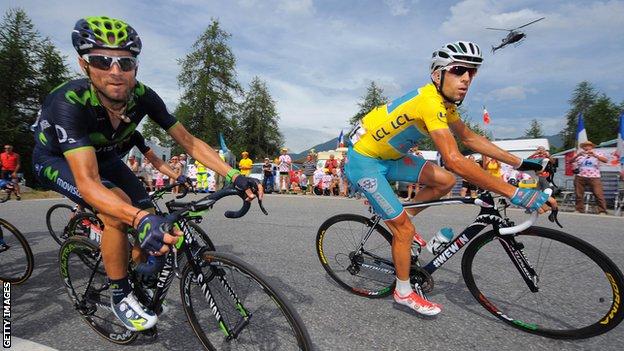
‘El Bala’
Spaniard Valverde will also be at home in the sense his final act is a one-day race – his speciality.
Valverde has won several races in his career, including 16 Grand Tour stages, but there was one particular week during most seasons where he was practically unbeatable. He notably won the often brutally cold Belgian monument Liege-Bastogne-Liege four times, and the preceding classic La Fleche Wallonne on five occasions.
His slight frame was seemingly perfect for Belgium’s short, sharp climbs, even though he did win across three weeks in his home Vuelta a Espana in 2009.
“Liege-Bastogne-Liege is a really hard race, very demanding,” Valverde told BBC Sport recently. “Any World Tour race is hard, but I don’t know… I like the race atmosphere and doing a monument is always very special – this race also suits my characteristics really well.”
His career is decorated, and no other rider is treated more royally than ‘El Bala’ (The Bullet), not least by his Movistar team. That was illustrated in the Netflix documentary ‘The Least Expected Day’, which highlights the Spanish squad’s struggles on the road and in the team bus.
And yet Valverde’s ‘palmares’ – his CV – is viewed by some as lacking. Britain has a lot to do with that, given the country’s success – through Bradley Wiggins, Chris Froome and Geraint Thomas – across the Sky/Ineos era which often put paid to the efforts of both these patriarchs of the peloton.
One of Valverde’s greatest races, he remembers, was a victory soon after the death of his friend Michele Scarponi in 2017 following the Italian’s training accident.
“Man, all of these races are very beautiful, really any of them such as perhaps 2006 or ’08, but the year I won after Michele Scarponi was a bit more special.”
Scarponi was another ‘goodfella’ and a team-mate of Nibali’s at Astana. It is the team Nibali will end his career with after a total of five seasons with them and 17 on the road in total.
The results in recent years haven’t come easily, but Valverde’s world road champion’s rainbow jersey in 2018, and the pair coming over the line within 10 seconds of each other for first and second in a shortened stage 20 of the 2019 Tour de France, demonstrate why they were so admired in the cycling community.
Both the riders and their fans will shortly have to get used to the peloton losing two of its legends.



